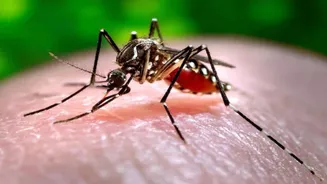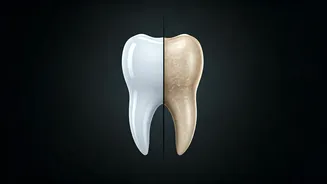The discovery is being called a clear consequence of the
The country, previously joined only by Antarctica in its mosquito-free status, has been a focus of climate research for years. Scientists had predicted the insects would eventually arrive, noting that Iceland has ample marshes and ponds where mosquitoes could breed.
This fear has been realised as Iceland is currently warming at four times the rate of the rest of the Northern Hemisphere. This accelerated heating has been observed through melting glaciers and the appearance of southern fish, like mackerel, in Icelandic waters. The warmer conditions now allow the mosquito life cycle to complete successfully.
The discovery and a survivor species
The historic finding was confirmed by Matthías Alfreðsson, an entomologist at the Natural Science Institute of Iceland. He identified three specimens—two females and one male—after they were sent to him by a keen citizen scientist, Björn Hjaltason. The insects were found on a "wine rope" used to trap moths in Kiðafell, Kjós.
The mosquitoes were identified as Culiseta annulata, a species known for being resilient to cold. This particular type of mosquito is capable of surviving the harsh Icelandic winter by finding shelter inside structures such as basements and barns.
Iceland’s new insect problem adds to a troubling global trend where warming temperatures are helping mosquitoes spread into new territories.
Across the globe, this expansion raises serious health concerns. In places like the UK, for example, scientists have recently found the eggs of tropical mosquitoes, including the Asian tiger mosquito, which is known to carry severe diseases such as dengue, chikungunya, and the Zika virus.














